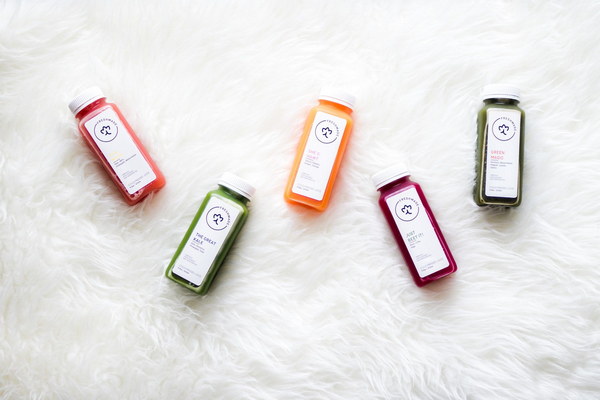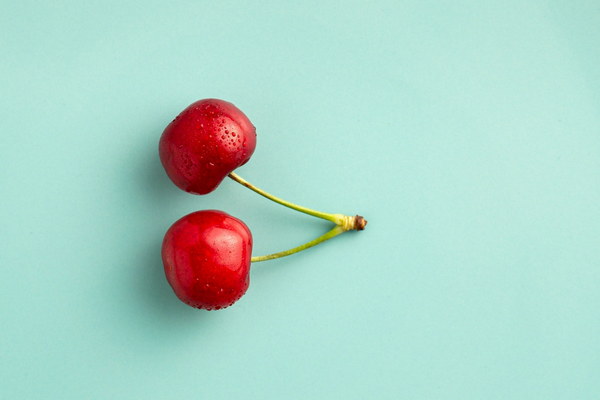Can Excessive Consumption of Moisture-Relieving Tablets Lead to Constipation
Introduction:
Moisture-relieving tablets, also known as diuretics, are commonly used to treat conditions like edema, hypertension, and kidney disease. However, as with any medication, there are potential side effects to consider. One of the most frequently asked questions is whether excessive consumption of moisture-relieving tablets can lead to constipation. In this article, we will delve into this topic and provide you with a comprehensive understanding of the potential link between these two conditions.
1. Understanding Moisture-Relieving Tablets:
Moisture-relieving tablets work by increasing the production of urine, which helps to eliminate excess fluid from the body. This process is known as diuresis. While this can be beneficial in certain situations, it can also lead to a loss of essential nutrients and electrolytes, such as potassium and sodium.
2. How Do Moisture-Relieving Tablets Affect Bowel Movement?

The primary mechanism by which moisture-relieving tablets can affect bowel movement is through the loss of electrolytes, particularly potassium. Potassium plays a crucial role in the normal functioning of the digestive system. When potassium levels are low, it can lead to constipation.
3. Factors Contributing to Constipation with Moisture-Relieving Tablets:
Several factors can contribute to constipation when taking moisture-relieving tablets:
a. Potassium Depletion: As mentioned earlier, low potassium levels can lead to constipation. When moisture-relieving tablets increase urine production, potassium is excreted from the body, potentially leading to potassium depletion.
b. Decreased Water Intake: Diuretics can cause an increase in thirst, prompting individuals to drink more water. However, excessive water intake can dilute the digestive juices, making it more difficult for the body to process food and fiber, leading to constipation.
c. Reduced Fiber Intake: To counteract the side effects of diuretics, such as dehydration and electrolyte imbalances, individuals may reduce their salt and water intake. This can lead to a decrease in dietary fiber, which is essential for maintaining regular bowel movements.
4. Prevention and Management:
To minimize the risk of constipation when taking moisture-relieving tablets, consider the following strategies:
a. Maintain Adequate Potassium Intake: Incorporate potassium-rich foods into your diet, such as bananas, oranges, avocados, and leafy green vegetables. Alternatively, consult with a healthcare professional about potassium supplements.
b. Stay Hydrated: Ensure you drink enough water throughout the day to stay hydrated. However, avoid excessive water intake, as this can dilute digestive juices and contribute to constipation.
c. Increase Fiber Intake: Consume a diet rich in fiber, including fruits, vegetables, whole grains, and legumes. This can help maintain regular bowel movements and prevent constipation.
d. Consult a Healthcare Professional: If you experience constipation while taking moisture-relieving tablets, consult with your healthcare provider. They may adjust your medication dosage or recommend alternative treatment options.
Conclusion:
In conclusion, excessive consumption of moisture-relieving tablets can indeed lead to constipation. This is primarily due to the loss of potassium and other electrolytes, as well as potential changes in dietary habits. By following the strategies outlined above, you can minimize the risk of constipation and maintain your overall health while taking moisture-relieving tablets. Always consult with a healthcare professional for personalized advice and guidance regarding your medication and dietary needs.









